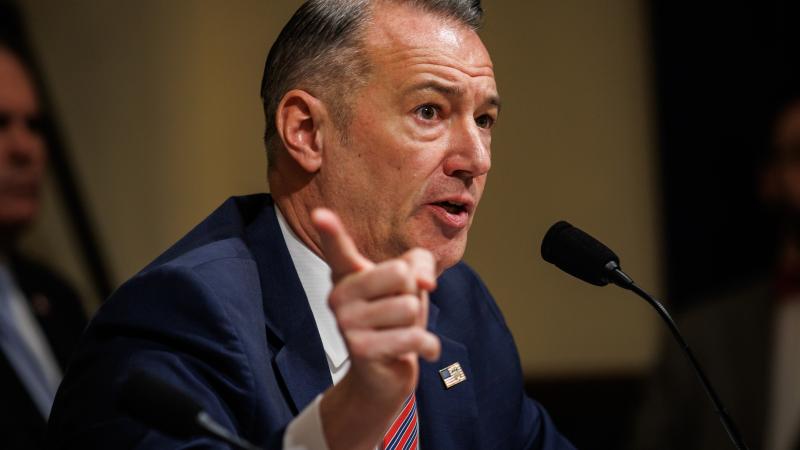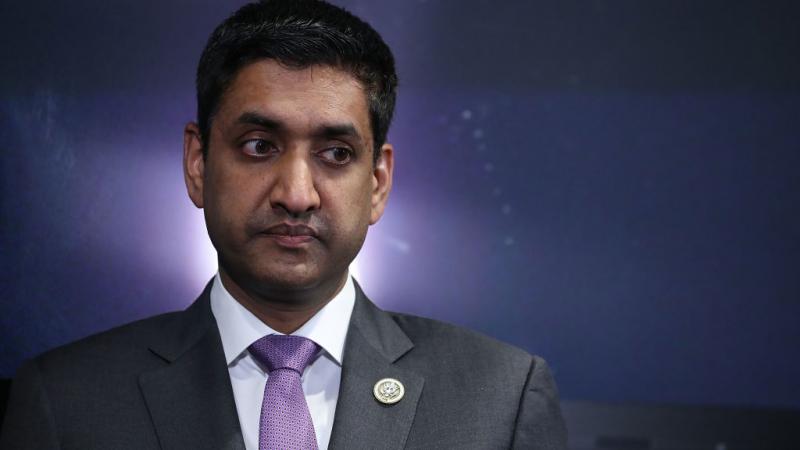Congress questions FEMA about its forecasting and preparation for Hurricane Helene
Hurricane Helene made landfall in Big Bend, Florida on September 26 and as of Saturday, according to CNN, there were at least 227 known deaths as a result of the hurricane and flooding across six states.
The chairman of a House Homeland Security subcommittee sent a letter to the Federal Emergency Management Agency (FEMA), questioning the agency’s preparation for Hurricane Helene, including its use of advance forecasting and rainfall modeling.
The chairman, Rep. Anthony D’Esposito, R-N.Y., cited reports that appear to indicate that FEMA’s initial modeling may have been a contributing factor to the agency’s lack of preparedness to deal with the immediate needs of the affected communities throughout the Southeastern U.S., especially in North Carolina.
Helene made landfall in Big Bend, Florida on September 26 and as of Saturday, according to CNN, there were at least 227 known deaths as a result of the hurricane and flooding across six states.
In the letter, D’Esposito asked FEMA Administrator Deanne Criswell for “information regarding FEMA’s advanced forecasting models, its pre-positioning of resources, and its coordination with federal, state, and local partners in response.”
FEMA confirmed to NBC News that it had received the letter and will work with Congress on Hurricane Helene efforts.
Among the questions asked of FEMA were, “How did advance forecasting and rainfall modelling impact FEMA’s pre-positioning of assets in North Carolina?” and “How does FEMA assess the accuracy of its advance forecasting and rainfall modelling after the occurrence of storms, and how has FEMA adjusted its forecasting and modelling techniques after Hurricane Helene in particular?”
The Biden administration has been criticized for its response to the disaster unfolding in North Carolina and other affected areas. Homeland Security Secretary Alejandro Mayorkas’s said that they don’t have enough funding to manage the disaster relief, while FEMA has been partially funding, reportedly to the tune of about $1.4 billion over the past two years, non-federal entities that are taking care of migrants.
In their defense, FEMA has already provided more than $110 million in federal assistance to help survivors start their recovery, a spokesperson told NBC News. Also, “More than 6,400 federal personnel, including FEMA staff, are deployed in the affected areas. FEMA has distributed more than 13.2 million meals, 13.4 million liters of water, 157 generators, and more than 492,000 tarps to support recovery efforts in the region, according to the FEMA spokesperson.”















